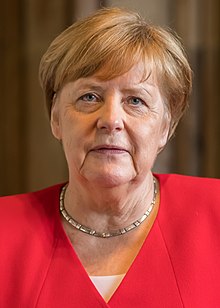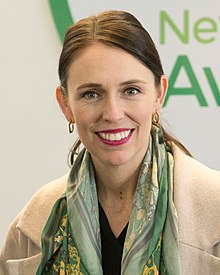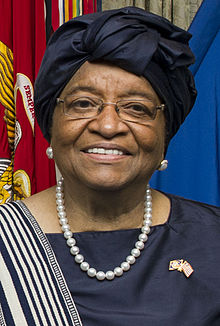The Eighth of 21 Ways Women Have Redefined the World: Politics

Angela Merkel, Chancellor of Germany from 2005 to 2021, has left an indelible mark on global politics. Rising from humble beginnings in Hamburg, Merkel’s leadership style, characterized by pragmatism and resilience, guided Germany through crises like the 2008 financial downturn and the 2015 migrant crisis.
Beyond politics, Merkel’s advocacy for gender equality has been unwavering. She championed policies to close the gender pay gap, increase women’s representation in leadership, and combat workplace discrimination. Actively mentoring women in politics, Merkel fostered inclusivity and diversity in the political sphere.
Her tenure saw significant strides in women’s rights, with measures to improve childcare, enhance parental leave, and tackle issues like domestic violence. Merkel’s legacy in politics and a champion of gender equality has paved the way for future generations of women leaders worldwide.

Jacinda Ardern, New Zealand’s Prime Minister since 2017, is known for her empathetic and effective leadership. Rising from Hamilton, she entered politics early, eventually becoming the youngest female Prime Minister in the country’s history. Her response to crises like the Christchurch shootings and COVID-19 pandemic garnered global admiration for its compassion and decisiveness.
Ardern’s leadership style challenges traditional norms, emphasizing kindness and inclusivity. She’s a vocal advocate for women’s issues, implementing policies to support working mothers and close the gender pay gap. Ardern introduced the groundbreaking “Wellbeing Budget,” prioritizing citizens’ overall well-being over mere economic measures.
As a working mother herself, Ardern’s personal life adds resonance to her leadership, sparking conversations about women’s roles in politics and society. Her impact extends beyond New Zealand, inspiring women worldwide to pursue leadership roles with strength and empathy. Through her compassionate leadership, Ardern continues to shape the future of politics and advocate for gender equality.

Ellen Johnson Sirleaf broke barriers as Liberia’s first female President, serving from 2006 to 2018. Born in Monrovia in 1938, she had a notable career in finance and government prior to her presidency. During her tenure, Sirleaf prioritized rebuilding Liberia after years of civil war, focusing on reconciliation, economic development, and gender equality. Her efforts earned her the Nobel Peace Prize in 2011 for her dedication to women’s rights and peace-building.
As Africa’s inaugural elected female head of state, Sirleaf’s leadership inspired women globally. Beyond her presidency, she remains an influential advocate for democracy, human rights, and women’s empowerment. Through her advocacy and activism, Sirleaf continues to shape global politics and inspire future generations of leaders.
Inspired from the story by Sarah Griffin published in msn.com









